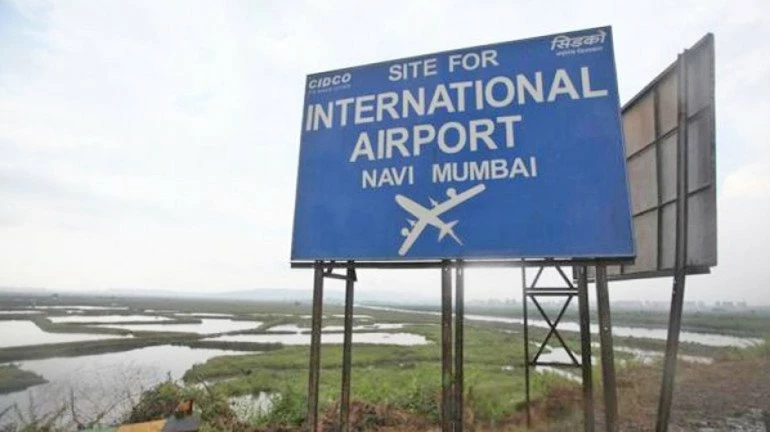
After a series of missed deadlines, the inauguration of the Navi Mumbai International Airport (NMIA) has been firmly scheduled for 30 September. Reports have indicated that the Airports Authority of India (AAI) has set 20 September as the final closure date for the runway, a move widely interpreted as confirmation of the airport’s operational readiness.
It was highlighted in reports that for several months, AAI had issued successive Notices to Airmen (NOTAMs) extending runway unavailability. The revised timeline, which shortens the closure period, has been viewed as an indication of confidence in the project’s completion. Aviation experts have pointed out that if the inauguration had been postponed again, the NOTAM would have extended beyond the end of September.
Although the airport will be inaugurated at the end of the month, full-scale operations are not expected immediately. It has been reported that domestic flight services will commence gradually by late October or early November, beginning with a limited number of routes. Earlier, the Aeronautical Information Publication (AIP) released in March had projected runway readiness by mid-May, but that deadline was extended first to early August, then to early September.
NOTAMs, it has been explained, are critical advisories for pilots, warning them about the operational status of airport facilities. Until the NMIA runway is officially commissioned, the airstrip will remain unavailable for both emergency and routine use.
Preparations for the inaugural event have been reported to include arrangements for the Prime Minister’s attendance. The project is being spearheaded by Adani Airport Holdings Ltd (AAHL), which had initially planned to hold the ceremony on 17 April before delays forced rescheduling.
Parallel to these aviation developments, the Maharashtra State Cabinet has approved a major infrastructure project to improve airport connectivity. A budget of ₹6,363 crore has been sanctioned for the construction of a 25-kilometre elevated road linking Thane to NMIA. The project, which will be executed by CIDCO under a public-private partnership model, is considered a critical step in strengthening urban transport infrastructure.
The elevated road will feature six lanes and six interchanges, designed to permit vehicular speeds of up to 100 km/hr. Travel time between Thane and the airport is projected to be cut from the current 90 minutes to approximately 30 minutes. Relief from traffic congestion on the Eastern Express Highway and Thane-Belapur Road is also expected once the corridor becomes functional.
As part of the project framework, CIDCO has been allowed to utilize government land beneath the elevated road at nominal costs, while land along the stretch will be acquired for commercial use. Toll charges, however, are anticipated to exceed current rates applied on the Atal Setu bridge.





